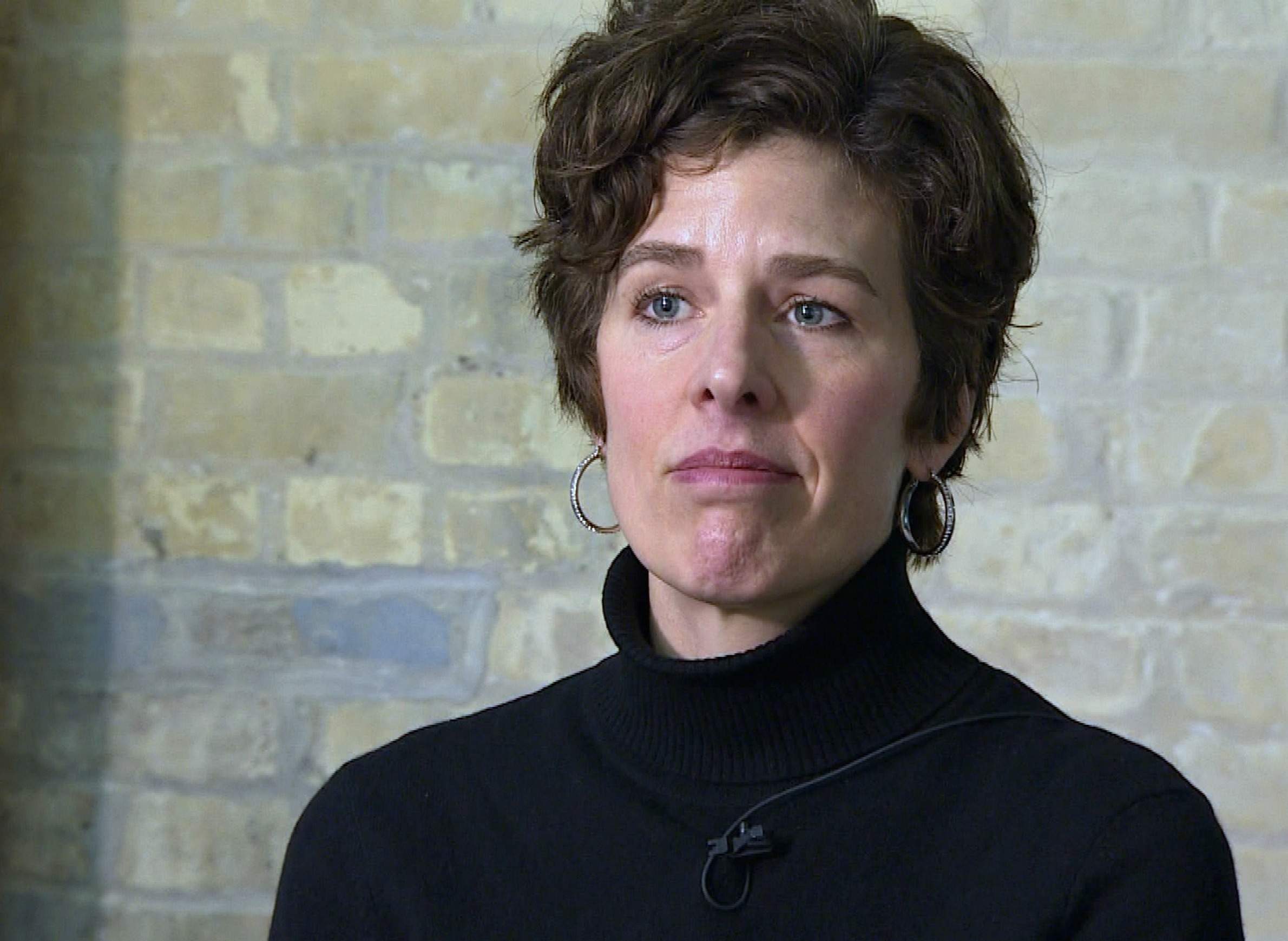
Cramer: "I think so much of this election and our politics right now are driven by these kind of visceral divides rooted in identity."

Cramer: "I think so much of this election and our politics right now are driven by these kind of visceral divides rooted in identity."
As the nation woke up to a new president-elect on Nov. 9, Kathy Cramer was as stunned as just about anyone who analyzes U.S. politics for a living, and especially those people with confidence in the accuracy of public opinion polls. Part of her surprise was simply driven by Donald Trump's victory over Hillary Clinton in the presidential race defied just about every poll-driven prediction. But the bigger shock was that the very force Cramer described in her 2016 book The Politics Of Resentment: Rural Consciousness In Wisconsin And The Rise Of Scott Walker shaped the results on such a massive scale.
"I don't think support for Trump was primarily driven by his policy platform," said Cramer, a University of Wisconsin-Madison political science professor and director of the Morgridge Center for Public Service, the day after the election. "There wasn't a lot of policy in the discussion."
Instead, Cramer sees a lot of the dynamic at the national level that also helped propel Wisconsin Gov. Scott Walker to two terms so far, and through one recall election.
In her book, she describes how rural and small-town Wisconsinites feel that people in Madison and Milwaukee don't listen to their concerns, hold too much power and receive too much tax money. The fact that the number of people in small counties is declining as urban populations grow only adds to rural residents' suspicion that no one in power really cares about them. Additionally, data from multiple presidential elections shows that Wisconsin's biggest cities have grown increasingly polarized from the rest of the state, while suburbs are politically at odds with cities as well.
Cramer has spent a lot of time traveling around the state talking with people who feel this way — and who also tend to feel, she said, that neither Democrats or Republicans represent their interests well. However, since those voters have typically favored Republican candidates in Wisconsin, she wasn't surprised that Republicans earned even wider majorities in the state legislature. What did surprise her on election night was how much that feeling also reverberated in other Democratic-leaning states Trump won, like Michigan, Ohio and Pennsylvania.
"When I look at the returns from Wisconsin, I see these dynamics in our state, but it also seems as though a similar politics of resentment has played out across the whole country," Cramer said, "and by that I mean both the urban-versus-rural divide and also the kind of sentiments that seem to be driving it."
A lot of Trump's support came from working-class white men without college degrees.
"That's a demographic from which in my research I've definitely heard that sentiment of, wow, I'm not getting my fair share," Cramer noted.
But can such resentment can ever be truly mollified by constructive policies, or it can only be played upon by politicians when times are hard?
"It's something I really intend to spend some time trying to figure out," Cramer said on Nov. 9. "But I think it's not about policy. I think so much of this election and our politics right now are driven by these kind of visceral divides rooted in identity. It comes in many angles."
As Cramer explained in a Jan. 1, 2016 interview on Wisconsin Public Television's Here And Nowabout her book, resentment isn't always entirely in line with reality.
Rural areas and small towns do tend to have higher unemployment rates and lower median incomes, but don't necessarily get shorted on state or federal tax dollars, she said on Here And Now. In fact, plenty of government workers, like public school teachers and Wisconsin Department of Natural Resources employees, live among them.
But even with that proximity, identity politics come into play.
"In many places, government is seen as an urban entity, although about 10 percent of the workforce in any community in Wisconsin is employed by government, whether that's local or county or state or federal," Cramer told Here And Now. "[They] perceive that people who are government workers are running according to urban decisions."
A classic example of the urban-versus-rural dynamic played out during Walker's 2010 run for governor against Milwaukee Mayor Tom Barrett. As the two candidates staked out their positions over an ill-fated high-speed rail proposal, Cramer said, Walker framed it as largely a giveaway to Madison and Milwaukee that would not benefit the rest of the state.
"Whether it was a conscious calculation to tap into these resentments, or whether i was something Scott Walker has perceived himself for a long time, it's not clear, but it was genius," Cramer said in January. "It worked very well."
At least back at the beginning of 2016, Cramer believed resentment to be a short-term force in American politics.
"People know that something is wrong with their government and I think a politics of resentment isn't really going to make people feel better about their democracy or want to take part in it," she said after the election. "That's not sustainable."
While Cramer tries to figure out how public opinion polls can overcome the colossal data blind spots this election has revealed, she said political parties and candidates need to do some soul-searching of their own and pay more attention to the needs of rural communities. Winning over alienated rural voters, she said, may ultimately hinge upon showing respect and earning it.
"I really think that they main way you convey respect is by listening to people and spending time with them," Cramer said.